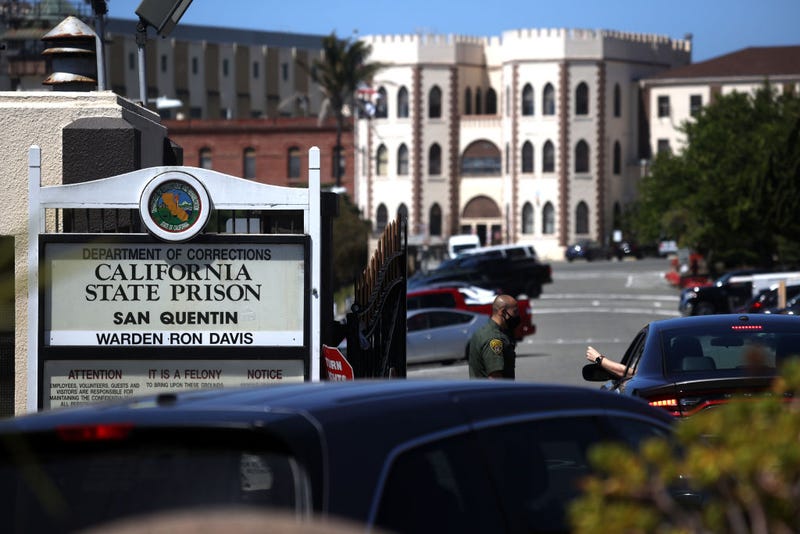
SAN FRANCISCO (KCBS RADIO) – Overcrowded prisons remain a threat to the spread of new COVID-19 variants in California, according to a new report from UC Berkeley and UCSF, both of which have been working with the healthcare arm of the state's corrections department.
For more, stream KCBS Radio now.
We saw how deadly COVID was during outbreaks at California prisons in 2020 – and those buildings are still old and overcrowded, UCSF Infectious Diseases Physician Dr. David Sears said.
"There is almost no better designed super spreader environment in the world than an overcrowded correctional facility," he told KCBS Radio.
Thanh Tran experienced that first-hand, as he caught COVID three times when he was incarcerated at San Quentin. Since he was released in May, he's been struck by how people talk about living with COVID.
"Even though we as a society may be learning how to adjust and live with COVID, inside of prisons, they have not adjusted," he told KCBS Radio. "How they have adjusted to COVID on the inside is solitary confinement and being locked to a cell for the majority of the day “
"I couldn't believe that here I am for the third time being infected with COVID-19 while I was incarcerated," he told KCBS Radio. "And now I was bringing the infection from prison to the outside."
His story illustrated what Dr. Sears called a continued problem in correctional facilities. "Overcrowding remains and the threat certainly remains as well," he explained.
Dr. Sears is one of the authors of a new study from UCSF's Amend program, which found that jails and prisons are still not set up to handle COVID outbreaks.
He said good progress was made vaccinating the incarcerated population, but that is not enough as the virus mutates.
"I think we're deluding ourselves if we think we’re out of the woods with the pandemic. We're seeing with BA.4 BA.5, increase in transmissibility, further decreases in vaccine efficacy and increased rates in reinfication,” Dr. Sears said. "The virus is going to keep evolving."
One of the program's key recommendations in mitigating the spread of COVID in prisons is to reduce the number of people who are incarcerated across the state.
"I do think, from a broader public health and societal perspective, we need to reconsider our appetite for mass incarceration in the United States," he said.
DOWNLOAD the Audacy App
SIGN UP and follow KCBS Radio
Facebook | Twitter | Instagram

